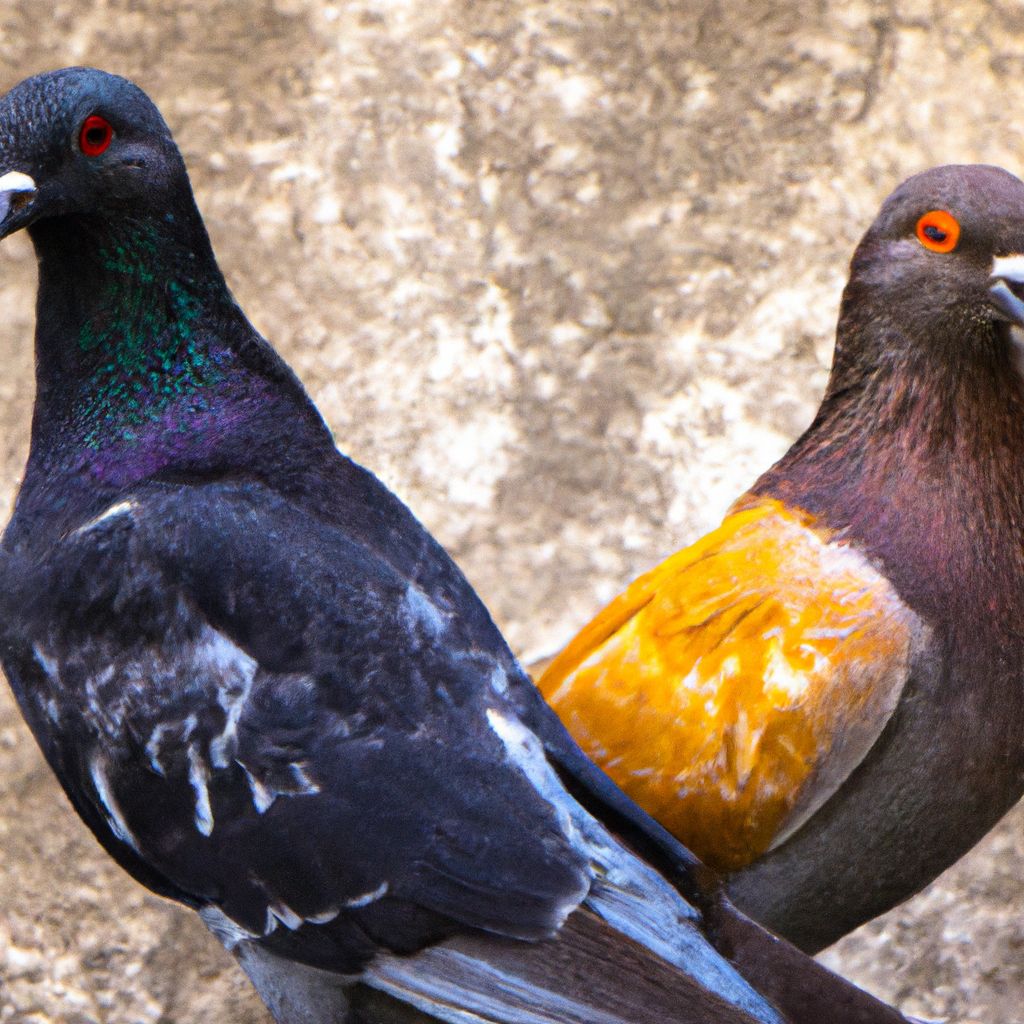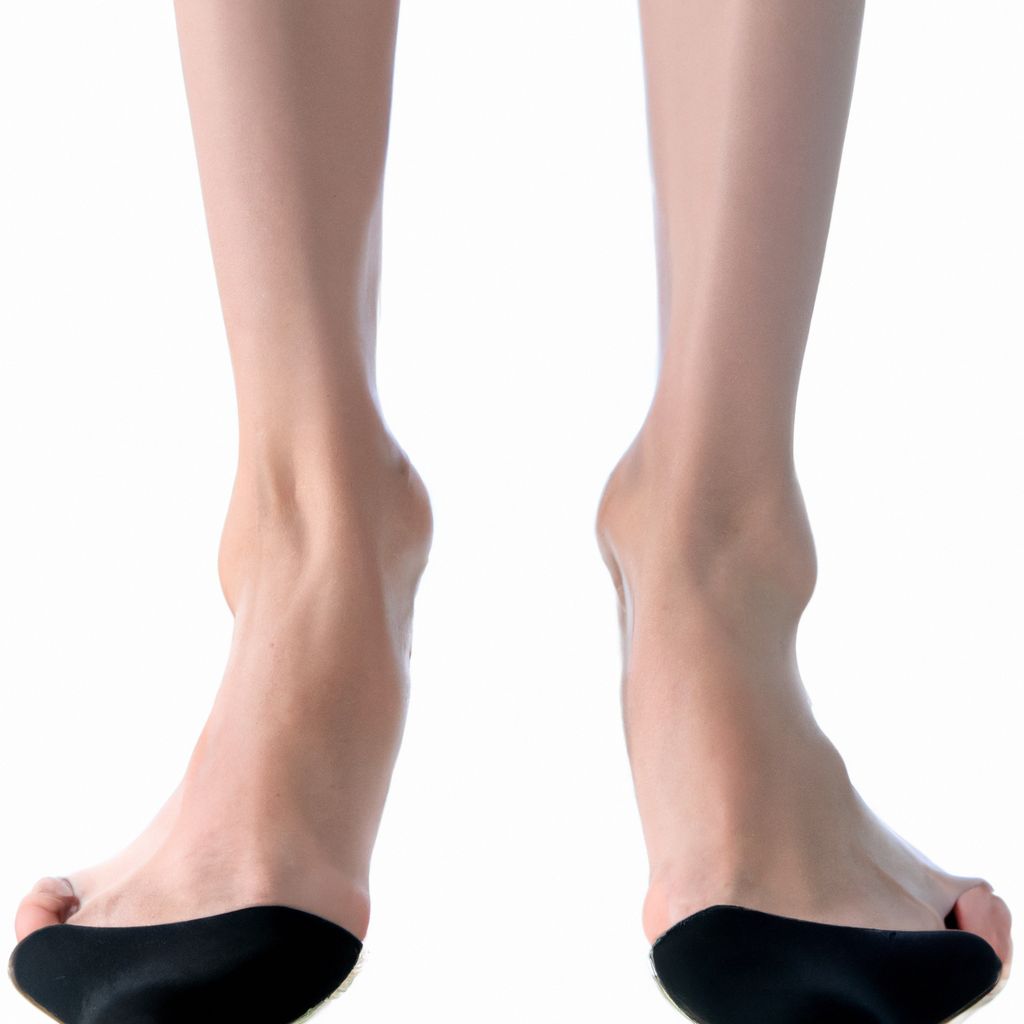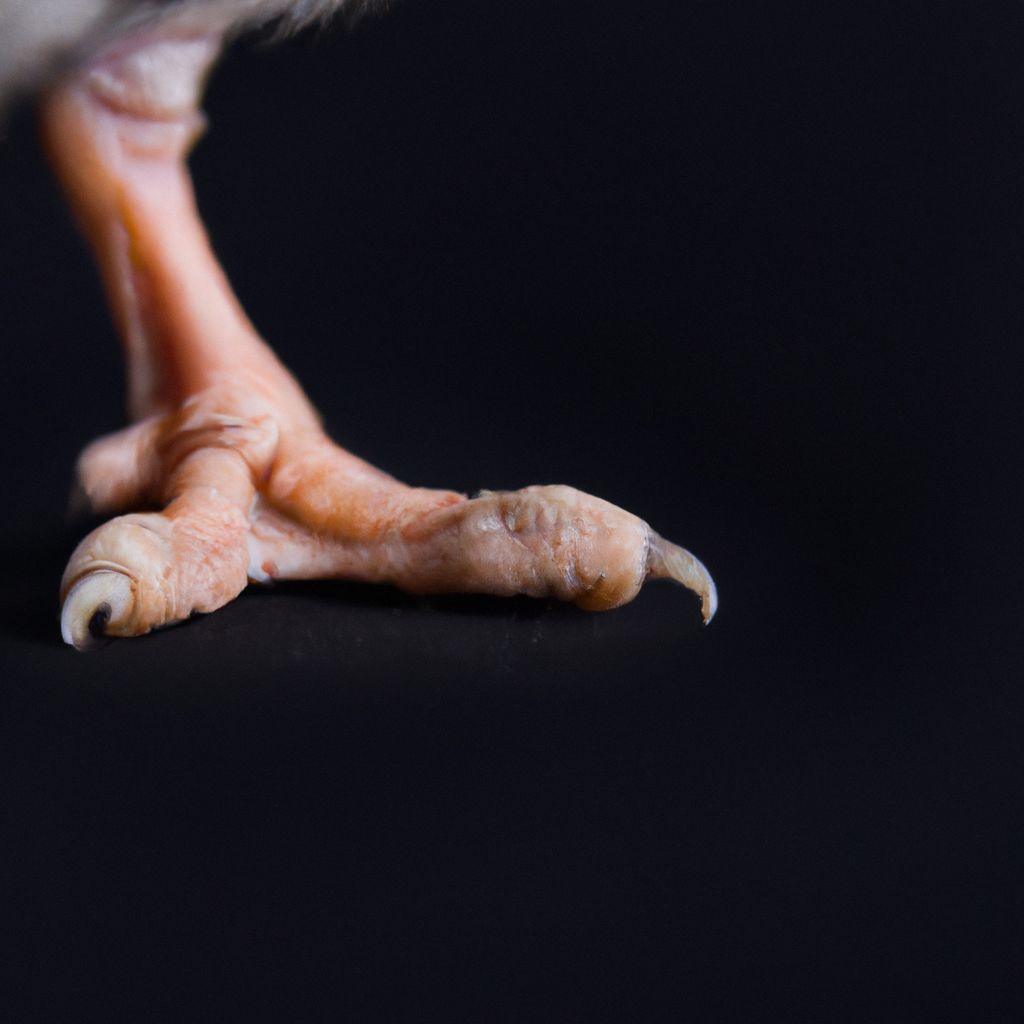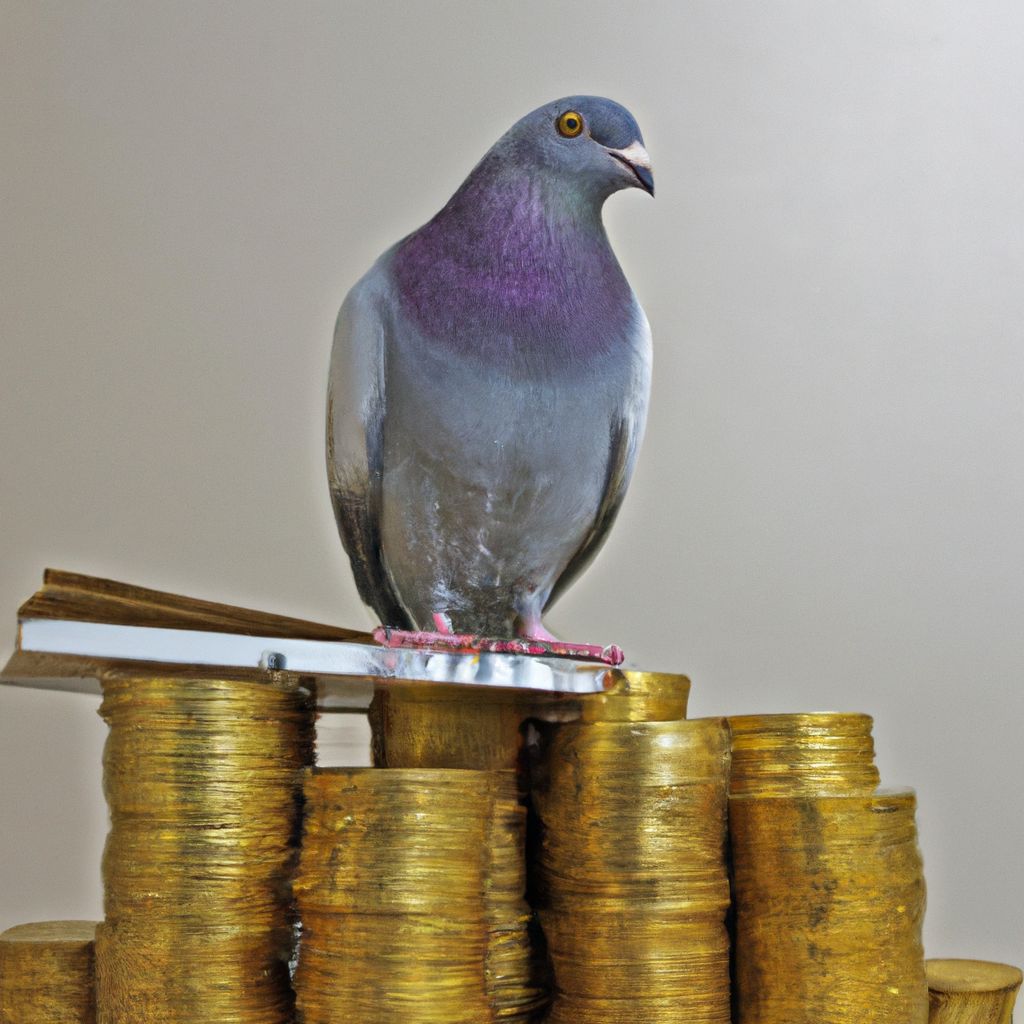Key Takeaways: Pigeons are intelligent creatures with clean tendencies. When using bird traps to catch pigeons, choose a suitable location and attract them with food. After catching pigeons, release them far from your property or consider keeping them as pets. Provide suitable housing, exercise, balanced diet, and clean water for pet pigeons. Prevent pigeons from
Category Archives: Questions About Birds
Key Takeaway: Cleaning pigeon poop off the balcony is important to maintain a clean and safe living environment. Pigeon poop can pose health risks and hazards to humans. When cleaning pigeon poop, it is essential to wear the right personal protective equipment, such as gloves and a mask, to protect yourself from potential infections and
Key takeaways: Pigeons have the unique ability to fly long distances in a single day. The average speed and distance covered by pigeons during a day of flight varies depending on various factors. Record-breaking flight distances have been achieved by pigeons in certain instances. Introduction: The Unique Flying Ability of Pigeons Pigeons possess a truly
Key Takeaway: Homing pigeons have played significant roles throughout history, including in World Wars, and selective breeding has led to their modern uses. Creating a suitable home for your pigeons is crucial, ensuring a safe and protected space with an elevated loft and proper ventilation. Feeding and caring for your homing pigeons involve providing fresh
Key takeaway: Physical differences: Male pigeons tend to be larger and have different body proportions compared to females. Behavioral differences: Male pigeons may exhibit more aggressive behavior towards other pigeons, while females may show more nurturing behaviors such as feeding and kissing. Mating rituals: Observing mating rituals and the incubation of eggs can provide clues
Key Takeaway: Pigeon toe, or intoeing, is a condition where the toes point inward instead of straight ahead. It can be caused by various factors such as metatarsus adductus, tibial torsion, and femoral anteversion. Pigeon toe is common in infants and toddlers, and in most cases, it resolves on its own without any intervention. However
Key Takeaway: Pigeons coming to you can be a sign of messages from the universe and divine inspiration, indicating a spiritual connection. Pigeons symbolize loyalty, productivity, and nurturing, serving as reminders of these qualities and their significance in our lives. Pigeon encounters can signify spiritual transformations and the need for forgiveness, guiding us towards growth
Key Takeaways: Causes of pigeon toe include metatarsus adductus, tibial torsion, and femoral anteversion. Diagnosis of pigeon toe can be done through physical examination and imaging tests. Treatment options for pigeon toe include non-operative management (watchful waiting, corrective shoes, and specialized devices) and surgical options (surgical techniques). Overview of Pigeon Toe Photo Credits: Chipperbirds.Com by
Key Takeaway: The cost of a pigeon can vary depending on factors such as quality, breed, age, and the reputation of the breeder. Commonly bred pigeons can range in price from $50 to $400. Show pigeons of high quality can have a price tag exceeding $1,000. Additional costs to consider when purchasing a pigeon include
Key Takeaway: Pigeon eggs have an incubation period of about 17 to 19 days. During incubation, both male and female pigeons take turns sitting on the eggs to keep them warm. The hatching process involves the chick breaking through the shell using its egg tooth. Introduction Photo Credits: Chipperbirds.Com by Walter Walker Pigeon egg hatching










